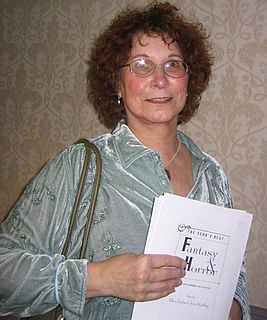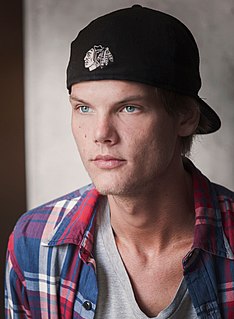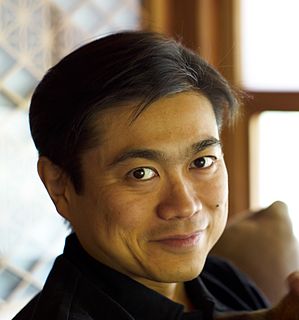A Quote by Joan D. Vinge
As for the historical inspirations I drew on in writing The Snow Queen, I suppose I would call them more cross-cultural inspirations, though they frequently involve past societies as well as present day ones.
Related Quotes
In a cross-cultural study of 173 societies (by Herbert Barry and L. M. Paxson of the University of Pittsburgh) 76 societies typically had mother and infant sharing a bed; in 42 societies they shared a room but not a bed; and in the remaining 55 societies they shared a room with a bed unspecified. There were no societies in which infants routinely slept in a separate room.
Even if the being is not entirely purified, varieties of inspirations and powers may come down from above but this may lead to serious errors. Inspirations from above mixing with the impurities from below get all muddled up and the sadhak takes this for an absolute command. Many a sadhak has thus fallen into danger. Therefore, one must particularly lay stress on the purification of the being.
Originally the structure was . . . a modern narrator who would appear intermittently and talk about his memories of his grandmother, which would then be juxtaposed against scenes from the past. But the stories from the past were always more interesting that the things in the present. I find this almost endemic to modern plays that veer between past and present. . . . So as we've gone on developing GOLDEN CHILD, the scenes from the past have become more dominant, and all that remains of the present are these two little bookends that frame the action.


































